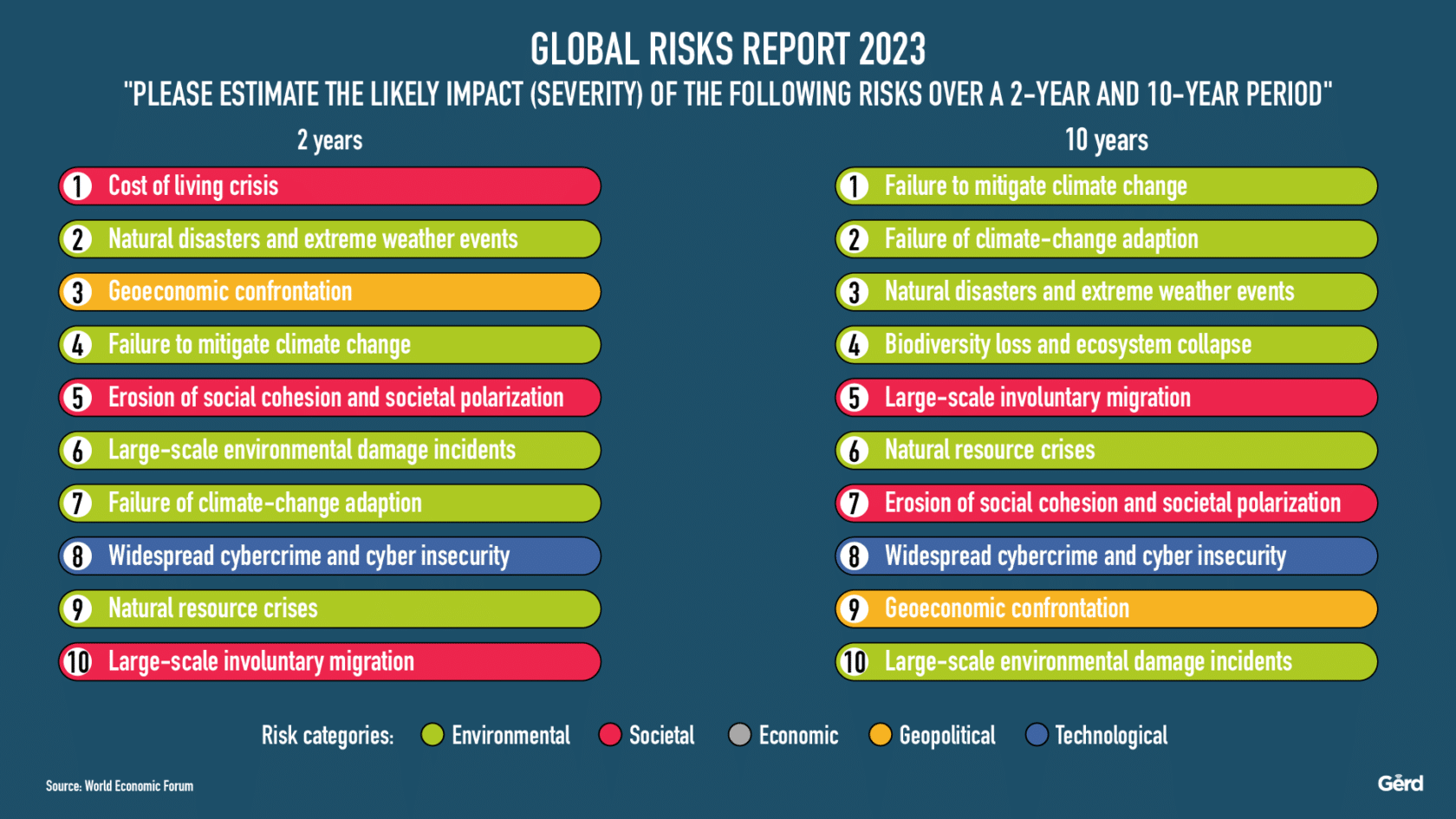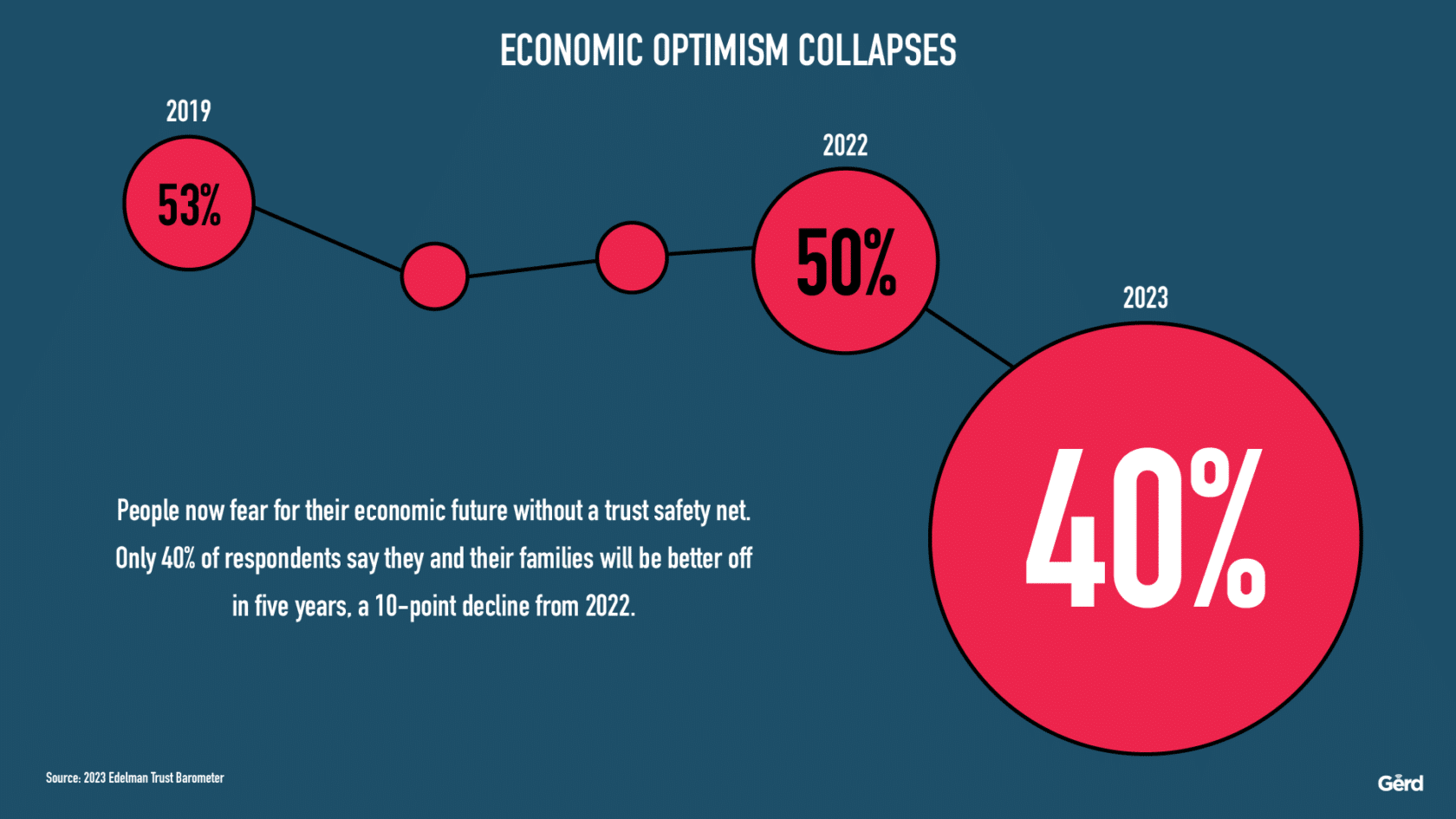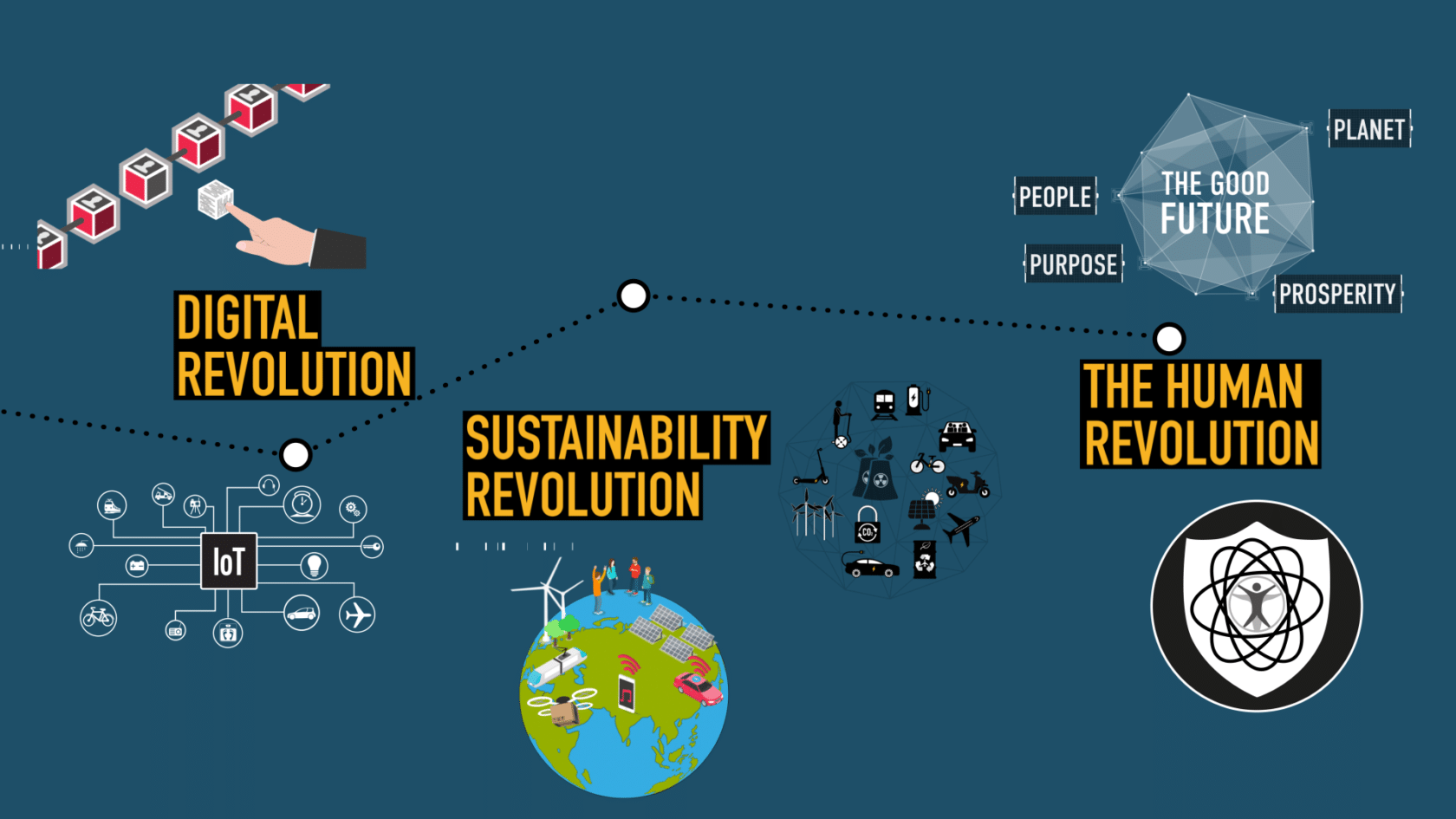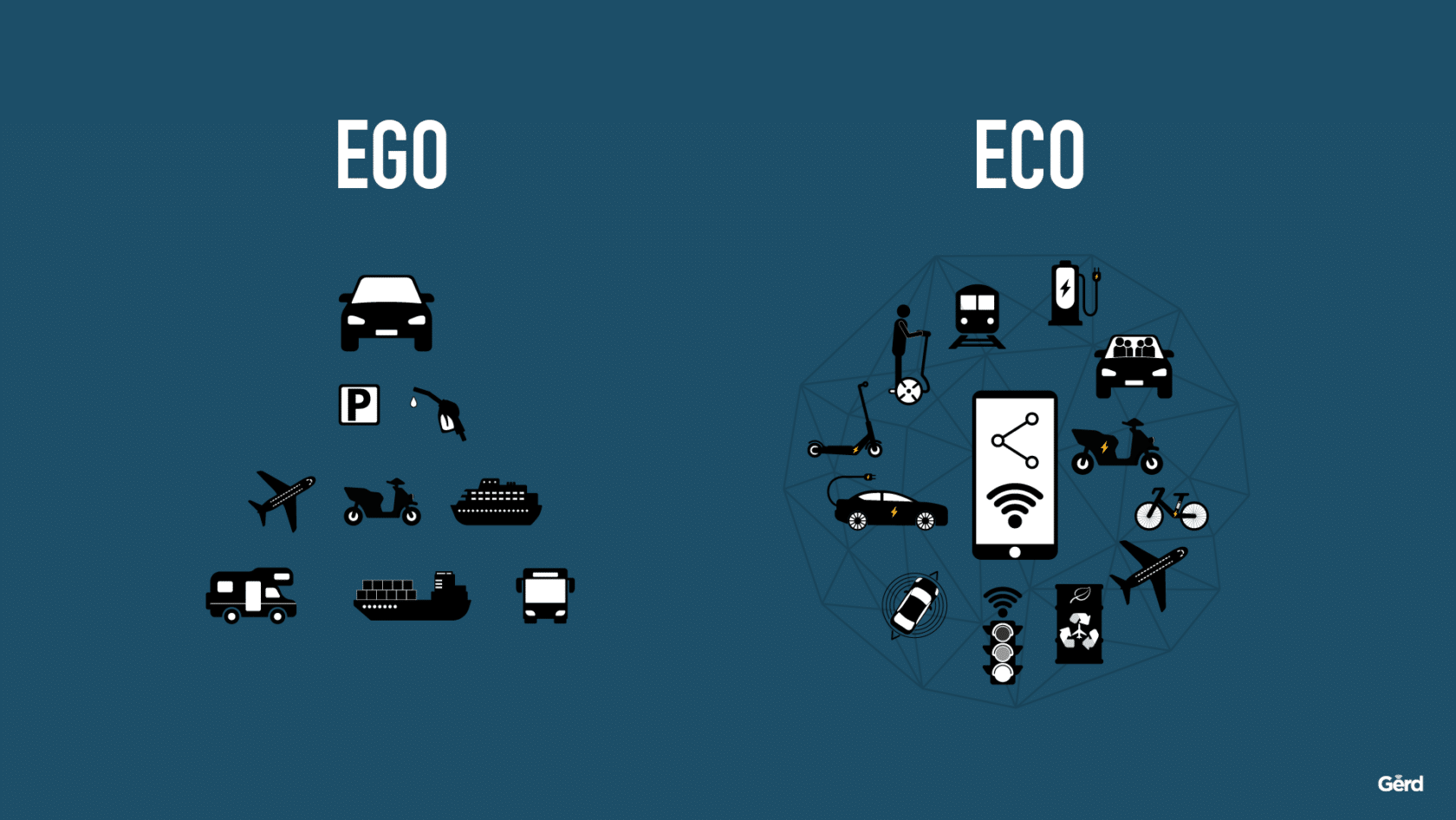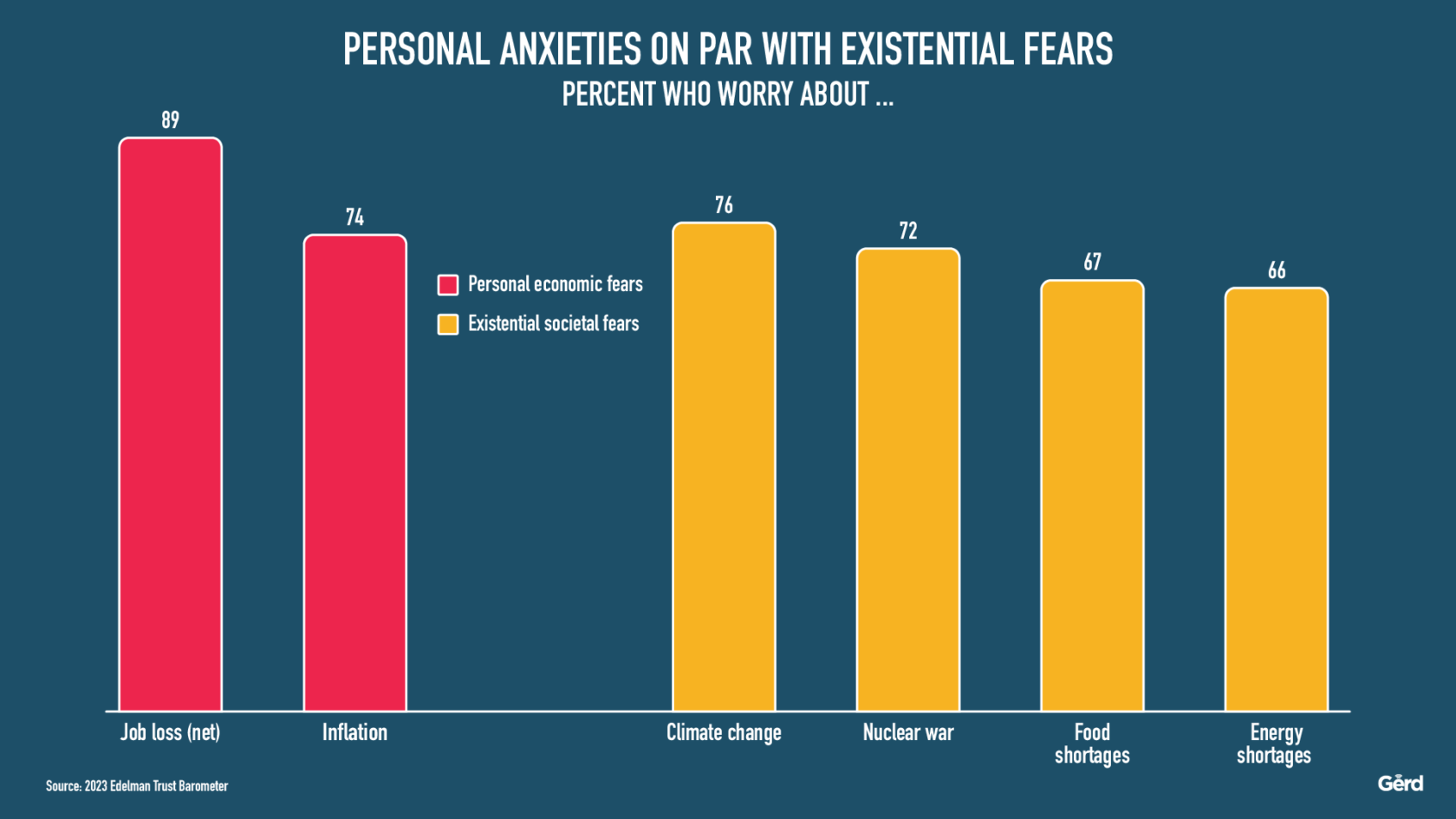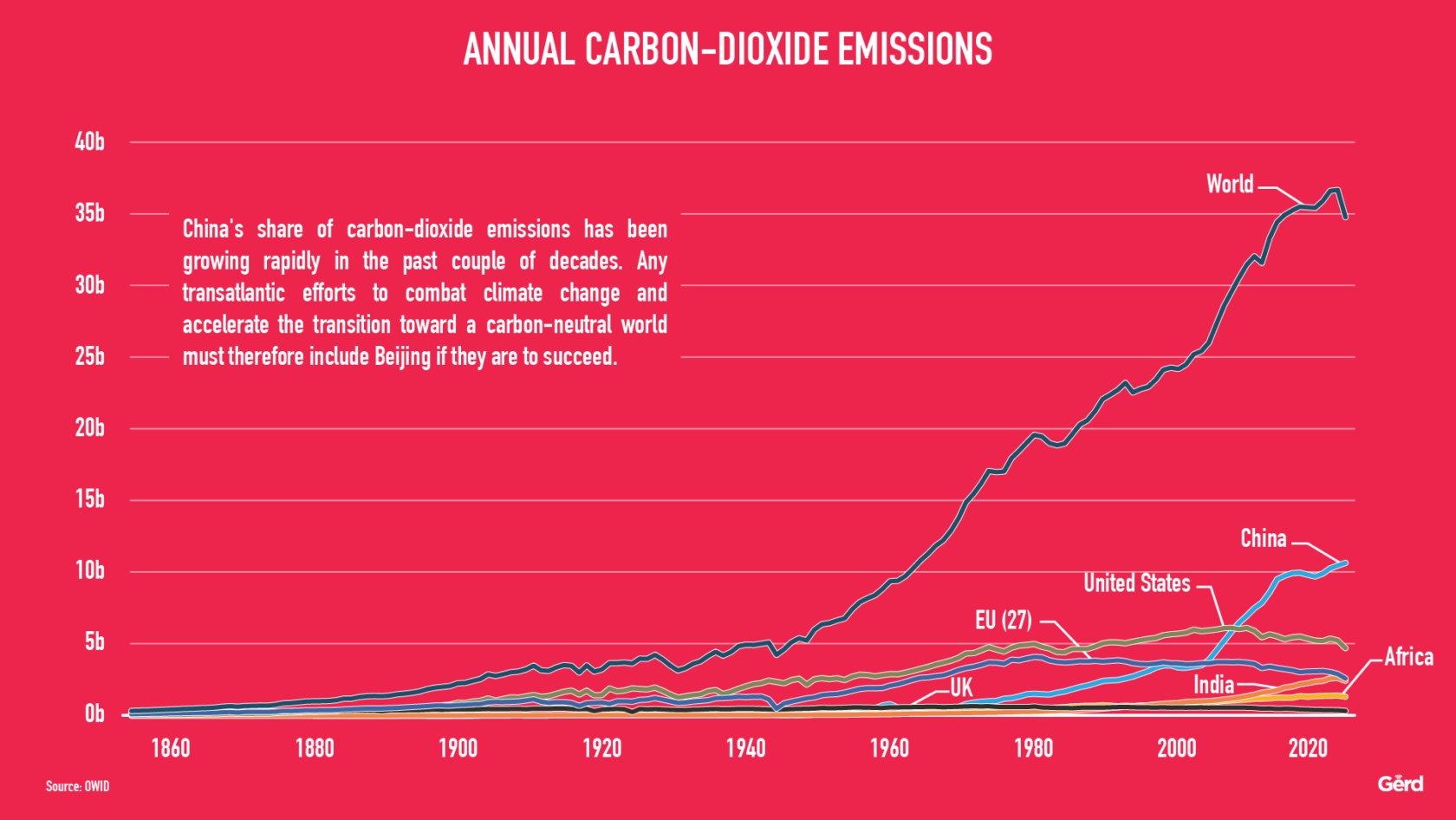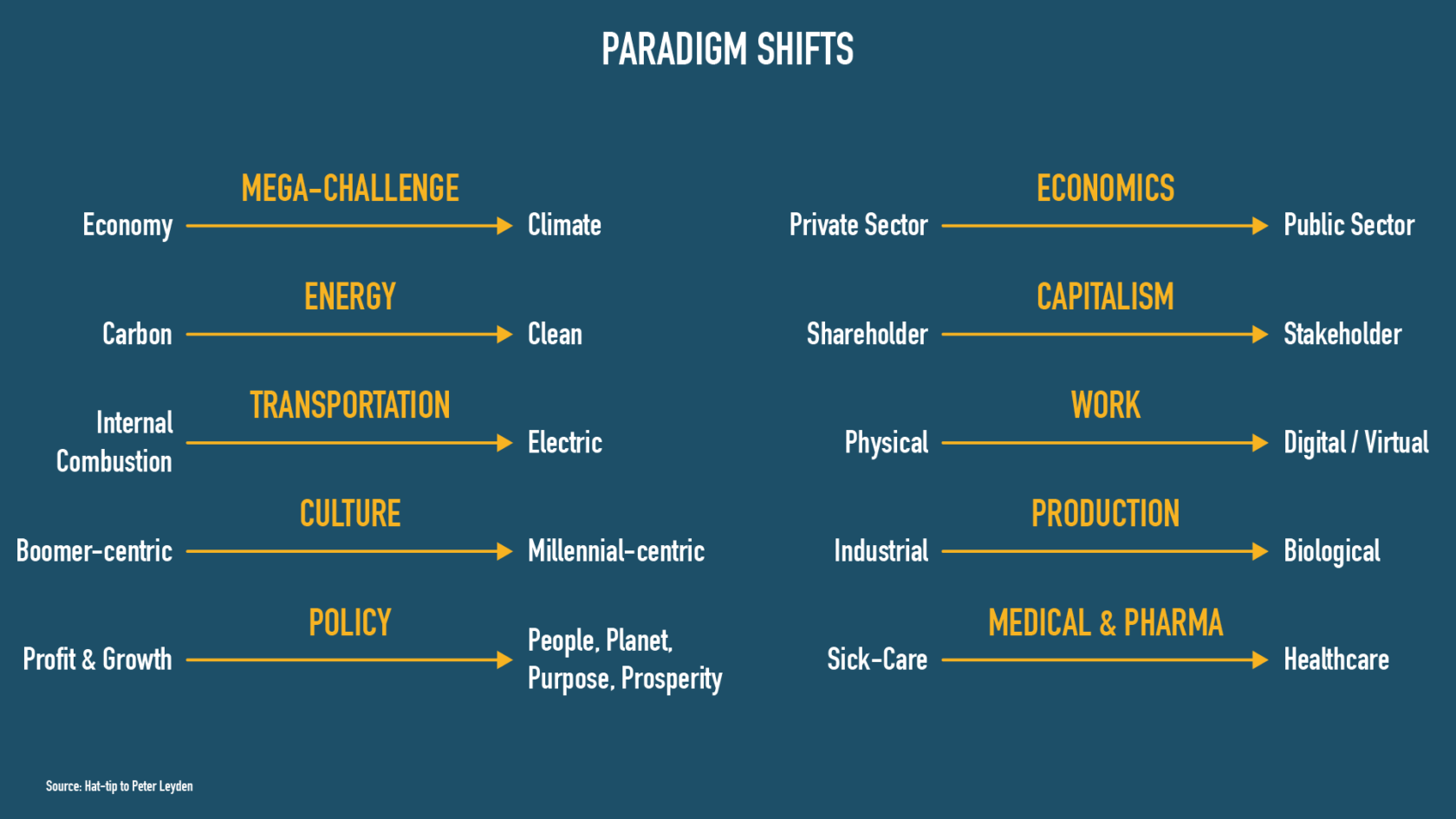“As we transition to a green economy, we must compensate petro-states for their lost income. Otherwise, the world economy will collapse like a house of cards”
I've been a total KSR fan for years now, and in this piece he's going all-out on the admittedly ambitious but ground-breaking carbon coin idea initially set forth in his last book, The Ministry for the Future.
Here are some excerpts from his excellent piece on Noema, and here is another piece about his work that just went live, as well. Before you read this. remember Albert Einstein's famous quote “If at first an idea does not sound absurd, then there is no hope for it”
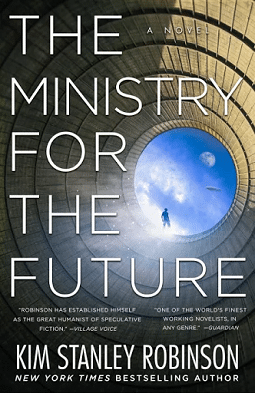
“Why do individuals and nation-states fight to burn more fossil fuels, knowing as they do that this will lead to catastrophe? The answer is, at first, simple: money. But it is not just a matter of greed….
Recall that the scientific community has calculated that we can burn about 400 gigatons of CO2 before we have a 50/50 chance of pushing the global average temperature above the 1.5 degree Celsius rise, the highest we should go before we start crossing very dangerous tipping points. Then recall also that about 3,000 gigatons’ worth of CO2 in extractable fossil fuels have been located underground around the world — quite possibly more. The clear implication is that about 2,600 gigatons of CO2 need to be left in the ground, or we are cooked. So these fossil fuels are stranded assets, or they should be. But whose assets are they?
About 75% of the world’s oil reserves are controlled by nation-states…. The big problem is the petro-states — nation-states whose economies are highly dependent on their fossil fuel reserves. The petro-states’ income from the sale of fossil fuels constitutes, on average, about half of those governments’ incomes. Sometimes, the percentage rises to 60, 70 or 80% — nearly 90% in the case of Iraq.
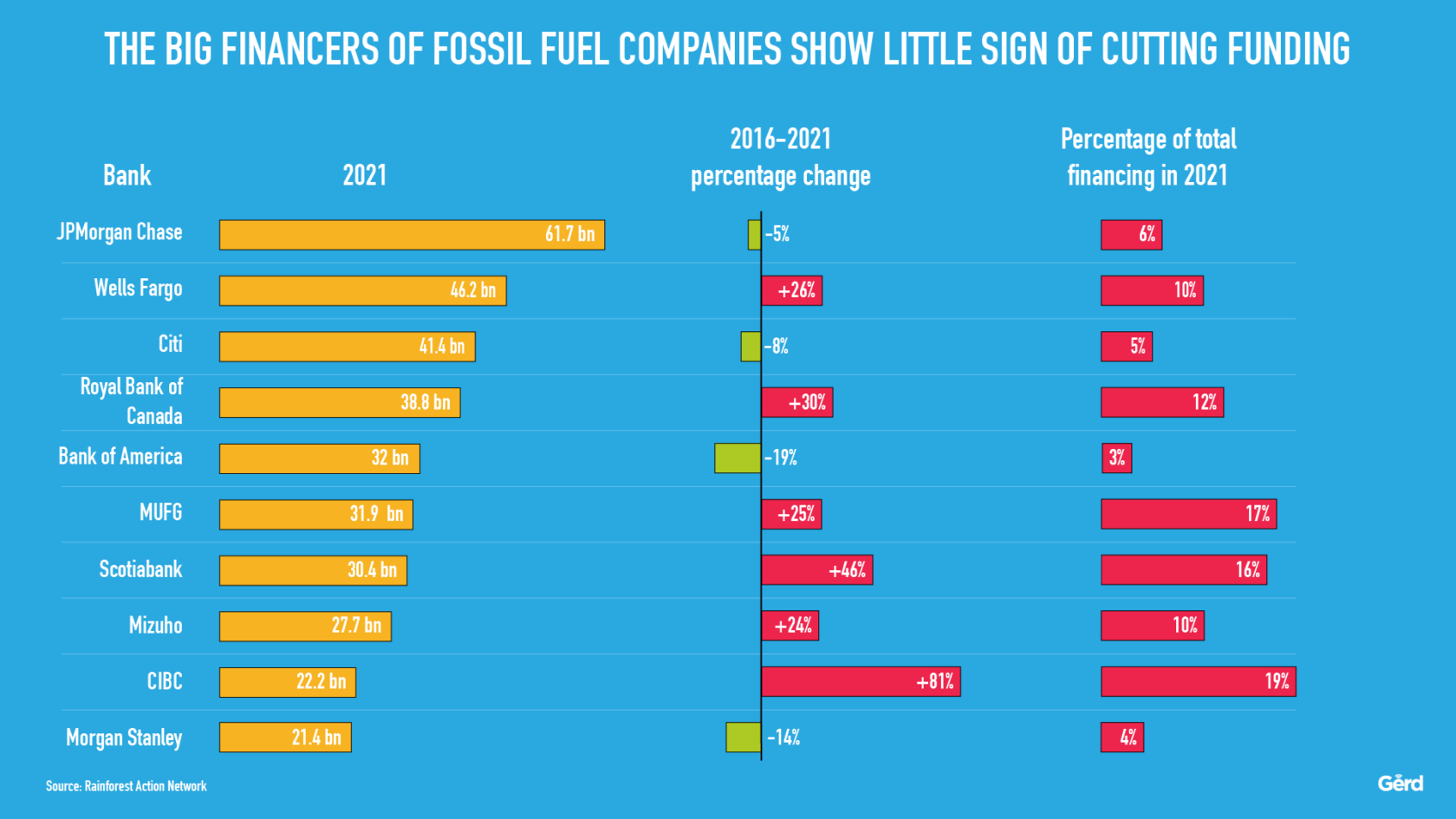
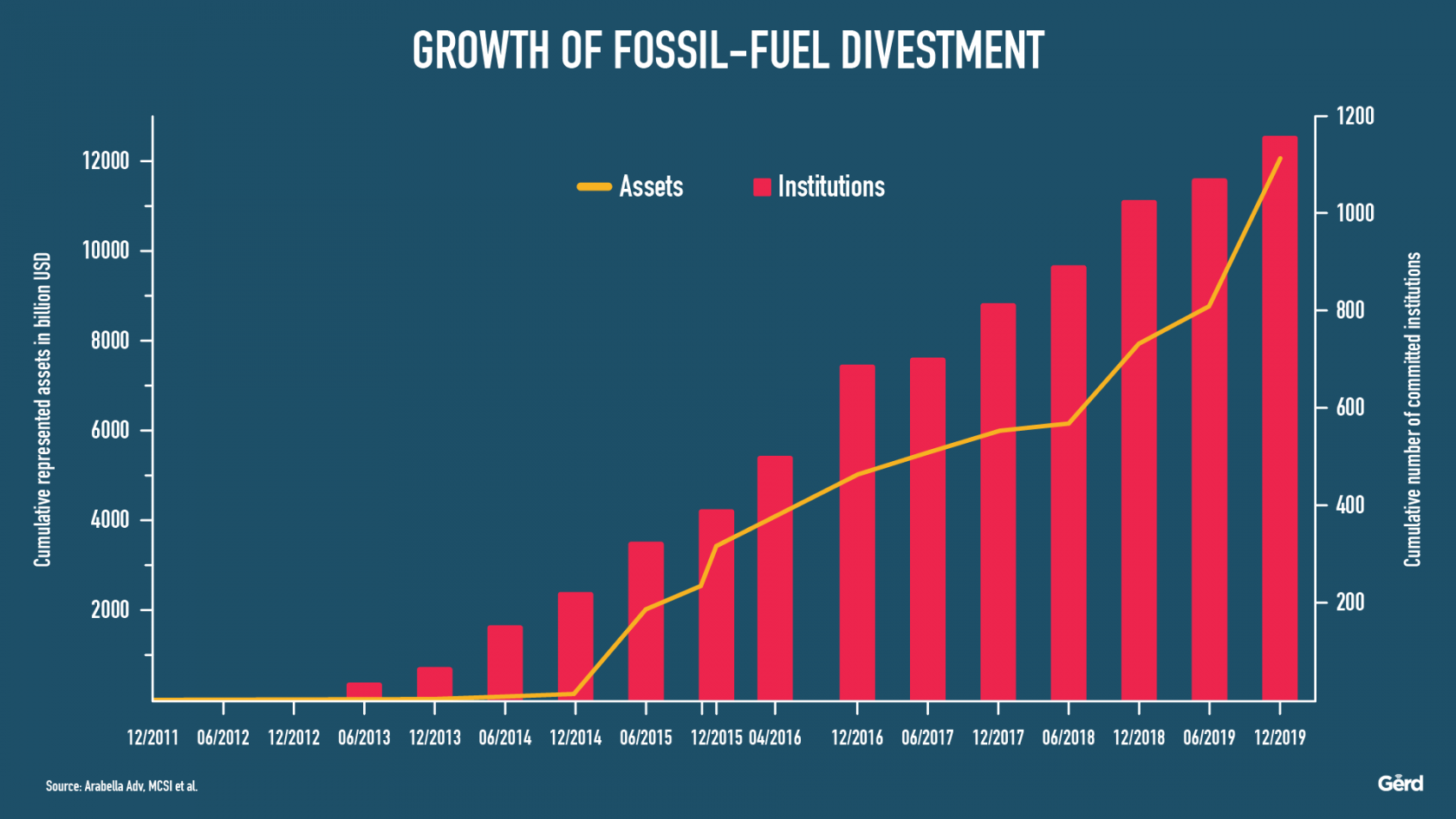
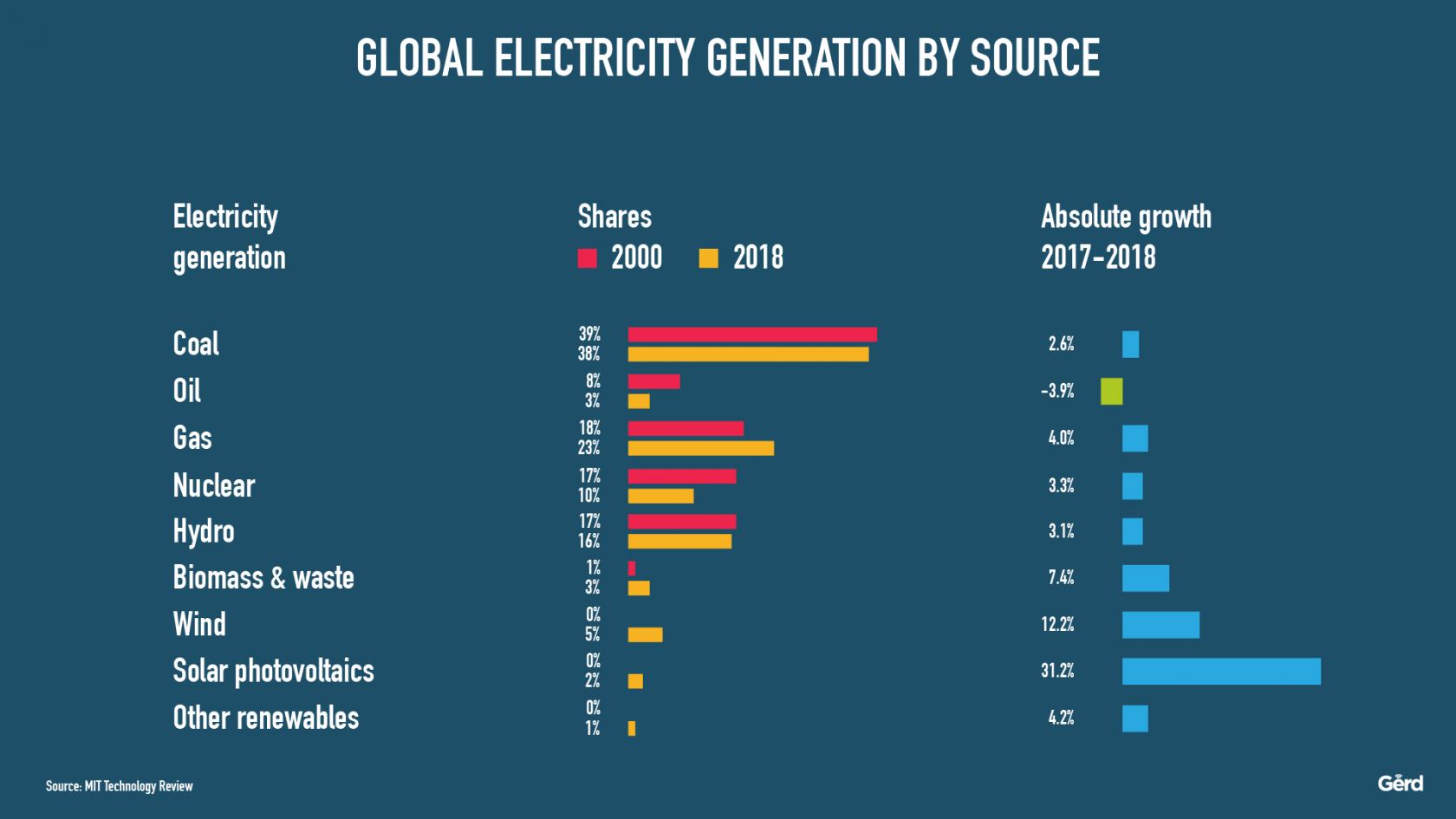
The list of petro-states could include China, Russia, India, the United States, Canada, Australia, Mexico, Venezuela, Kazakhstan, Turkmenistan, Nigeria, South Africa, Saudi Arabia, Iraq, Iran, and Indonesia. This list isn’t even exhaustive, and the total population of these countries comes to well over four billion people….
If they disappear, the world economy will collapse like a house of cards.
And yet, they have to disappear. Roughly 2,600 gigatons of carbon simply cannot be burned into the atmosphere. Biophysical reality says those assets must be stranded, and economic reality says that can’t be done without causing a super-depression — or even perhaps a breakdown of civilization.
How can the world community deal with this situation? We will have to pay ourselves to decarbonize — pay ourselves to do the right things rather than the wrong things. But compensating the owners of fossil fuels for their lost income will not be simple or obvious. It will take a great deal of difficult discussion and negotiation.
The simpler part of paying ourselves to decarbonize involves a fiscal innovation sometimes called the carbon coin, like the one proposed by geohydrologist Delton Chen: a new currency created specifically to pay for decarbonization projects. It would need to be fiat money issued by national central banks. Cryptocurrencies, even if they turn out to be useful instruments in this process, are not currently trustworthy or powerful enough to do the job.
To serve as a proper currency, the carbon coin has to be convertible to U.S. dollars, the global benchmark currency, in order to represent its true value. One might even imagine that it would be best if carbon coins were simply issued as U.S. dollars in the first place, but rapid decarbonization is going to take so much money that all the central banks will need to join together to back any money specifically devoted to that task. Also, in the same way that the gold standard was understood to be based on a physical amount of gold, the fiscal solidity of carbon coins could be backed by a physical amount of sequestered carbon, in a way that the dollar can’t be….”
You really need to read the entire piece :))
“The people fighting to burn fossil fuels in this coming decade may be thinking they are doing their best to save their fellow citizens from ruin.”
“We need to employ a kind of eco-realpolitik that refrains from too much righteous judgment, acknowledging that all nation-states are obliged to keep their citizens free from disruption, unemployment and starvation.”
